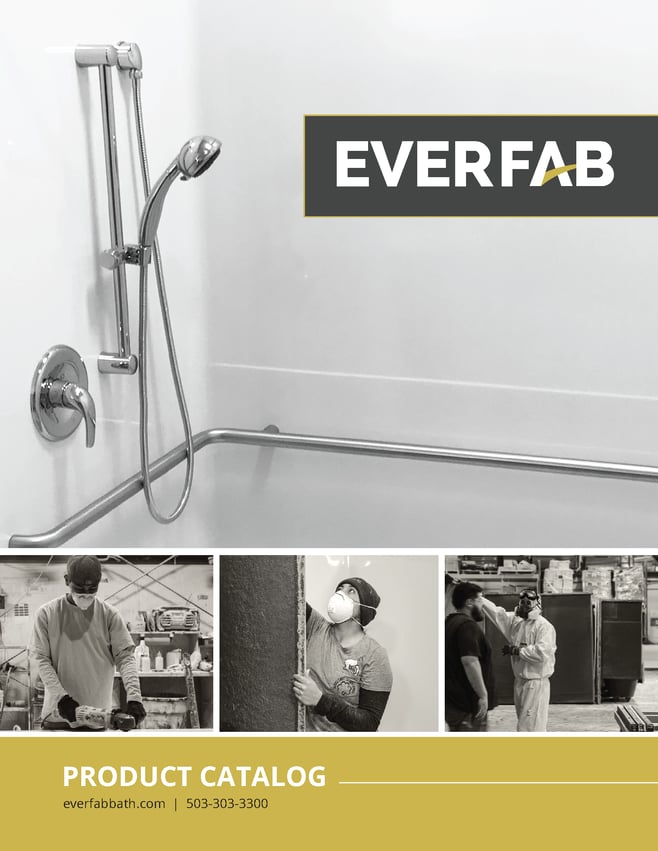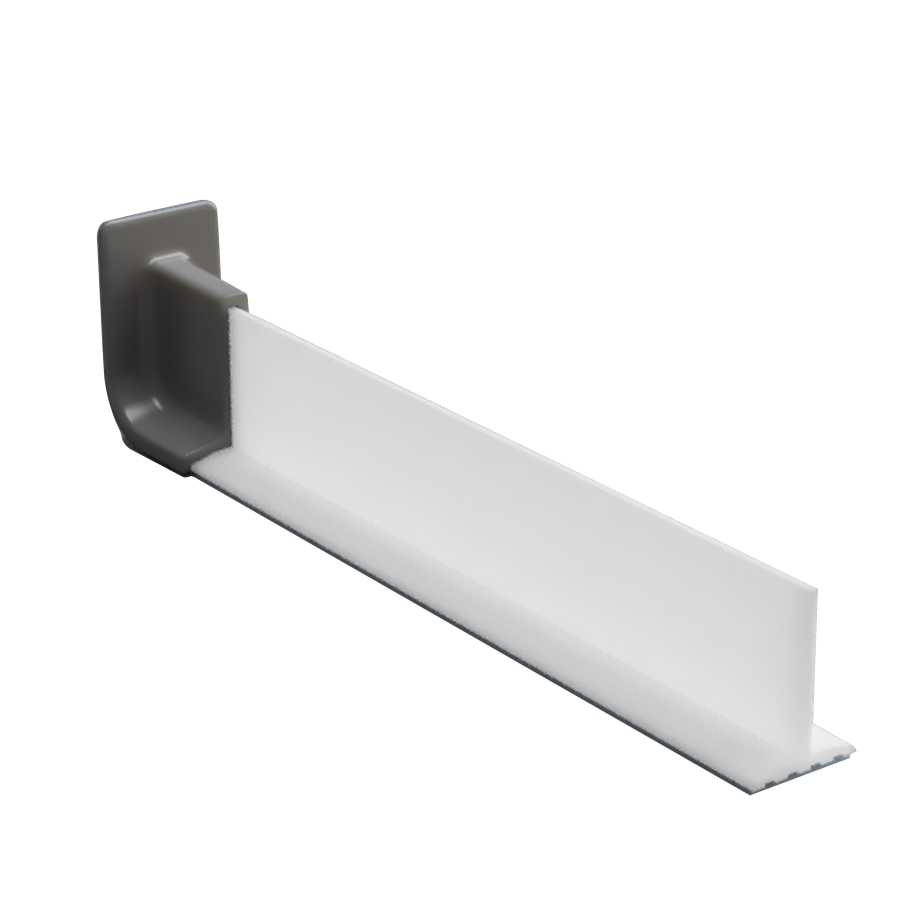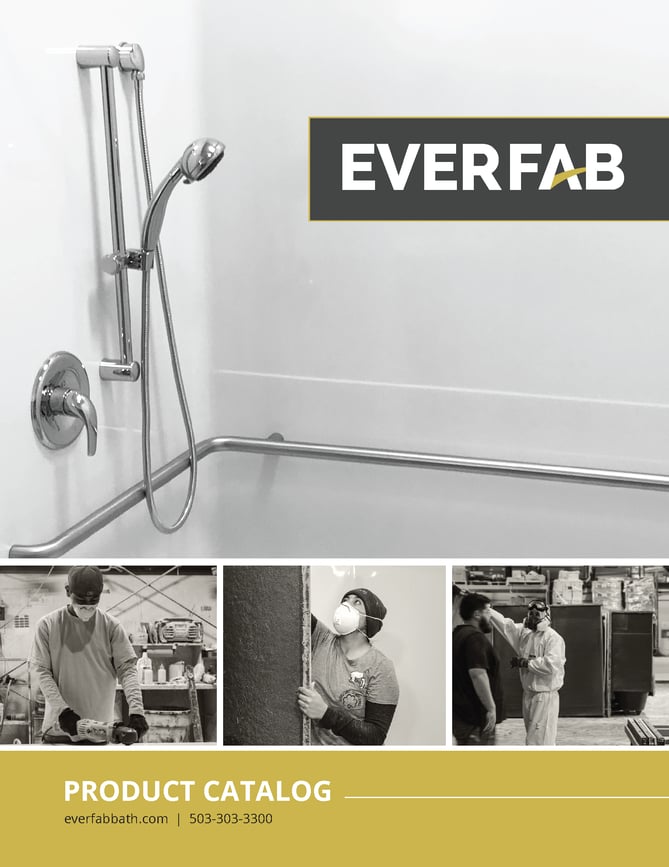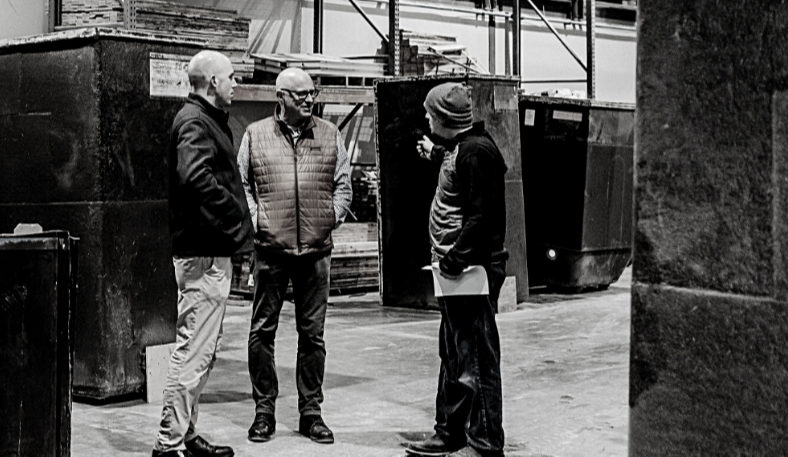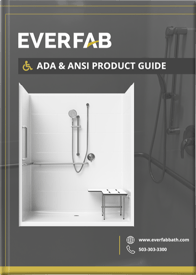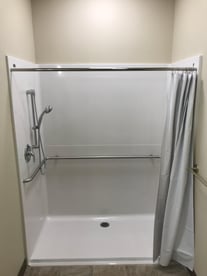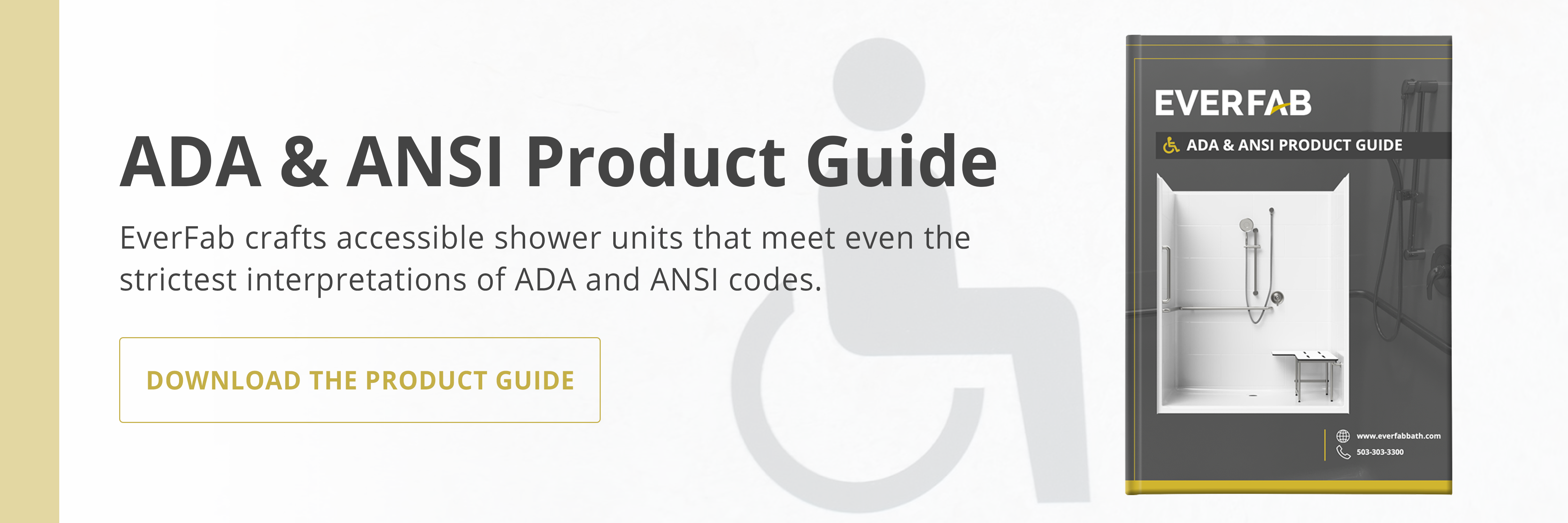-
Shop All Products
-
-
Shop All Products
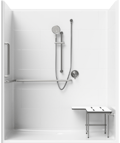
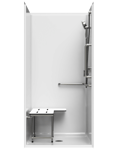
We meticulously sculpt and construct each model by hand to ensure our customers have durable shower units they can comfortably rely on for years to come.
-
-
-
About
-
-
About
We strive to be world-class in everything we do by hiring the best people, building the best product, and providing the best customer experience.
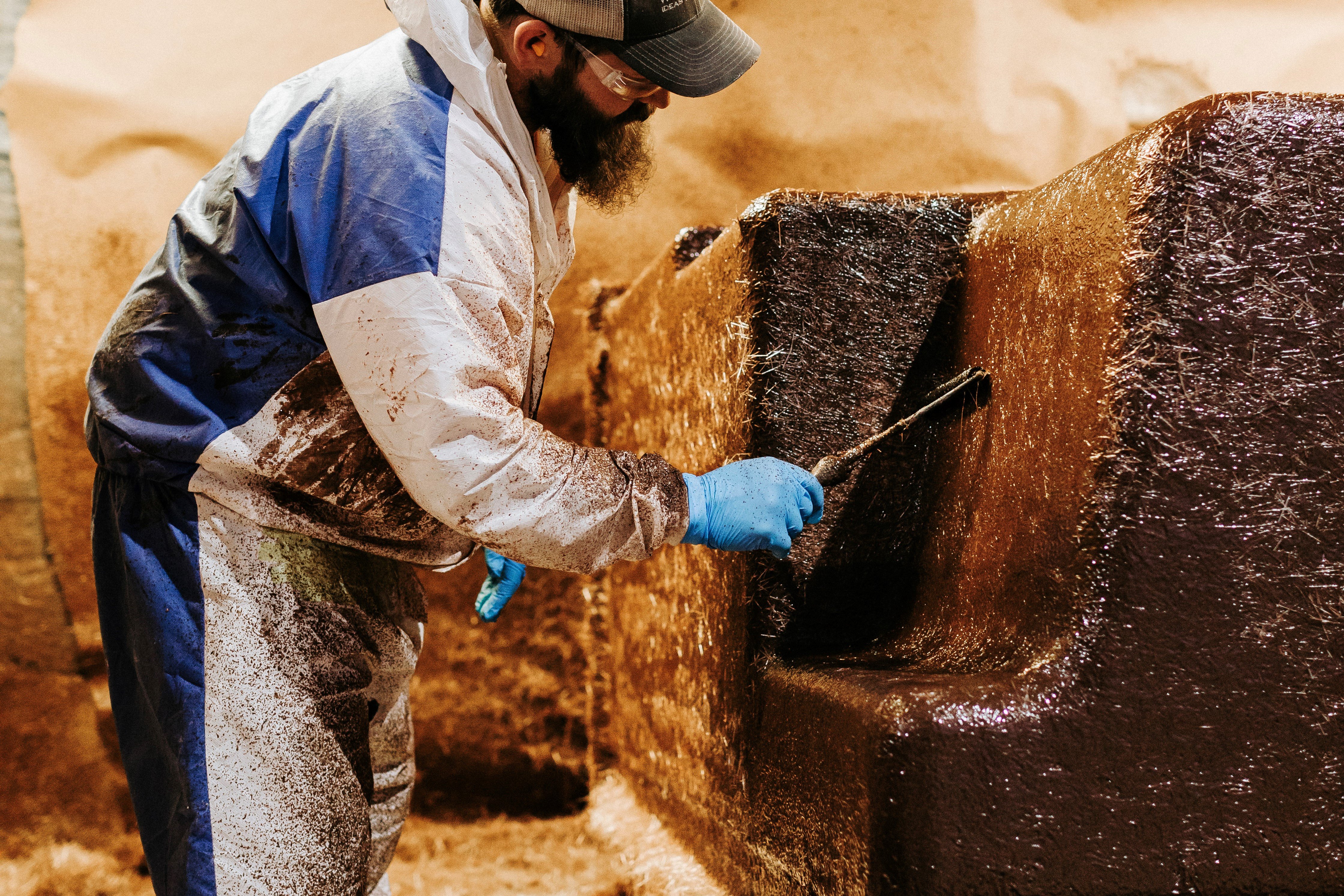
-
-
- Who We Work With
-
Resources
- Projects
- 503-303-3300
- Contact Us
Blog
Discover the latest industry trends and insights related to bathroom architecture and ADA compliance.
5 Luxury Senior Living Trends to Watch
.jpeg?width=960&height=639&name=elderly%20couple%20viewing%20ipad%20(1).jpeg)
With close to 55.8 million Americans over 65, the opportunities for senior living developers and architects have never been stronger. This aging demographic represents a boon market with tremendous upside. However, today’s seniors want more than just a place to live comfortably; luxury, improved quality of life, mobility and improved accessibility are at the top of their demands.
Developers of long-term care facilities and senior living communities must adopt a proactive mindset with their designs by incorporating technology alongside luxurious but affordable amenities. Failure to meet these requirements risks alienating seniors and a market that will continue to grow in the coming years.
Here are five senior living trends to be mindful of.
1. Adoption of High-Tech Solutions
We live in a mobile and interconnected world where tech-savvy seniors are everywhere. Being able to communicate with friends, family, grandchildren, and other loved ones through social media, apps, chat, text and mobile devices is essential.
Today’s senior living facilities must have reliable WiFi connectivity while including two-way, closed-circuit video security and surveillance systems. Fall-detection smartwatches and smart home devices like Amazon Alexa, Google Home, and Apple HomeKit are now common. For seniors, it’s ultimately about living a safe and independent life.
2. Rise in Urban Communities
Despite a slight decline over the previous two years, life expectancy in the United States has increased over the past 100 years thanks to advancements in treatments and medicine. In 1960, the average life expectancy was 69 and by 2019, it had risen to 78 with estimates that it could reach 84 by 2050. All this means that seniors are living longer and want to maintain an active lifestyle.
This has given rise to robust urban communities where seniors can get out and about, go shopping, play a round of golf, see movies, enjoy a nice dinner, or go to a museum. Senior living developers must now consider where they design their long-term care facilities. For senior living development, it’s about choosing senior living sites within proximity to these activities or creating all-encompassing facilities with these activities included.
3. Renewed Commitment to Safety
Safety is of paramount importance in senior living design. Smart home devices, fall-detection smartwatches, and close-circuit video surveillance offer essential protection, but more is needed. Senior living facilities must be designed with safety in mind.
With close to 80 percent of falls for seniors occurring in the bathroom, designers and senior living architects must ensure they design an ADA-compliant bathroom. This means installing an ADA-compliant toilet and installing an ADA-compliant shower.
Incorporating shower chairs, grab bars, handrails and non-slip mats and tiling are extras that make all the difference. Non-slip mats should be a mainstay and are best placed immediately outside showers and in front of toilets. Keeping up-to-date and aware of ADA bathroom requirements is an absolute must.
4. Improved Social Connections
Hard lessons were learned during COVID. Social isolation leads to long-term depression and a lack of mobility and activity. None are suitable for seniors. Improving social connections by designing and building robust communal living facilities ensures that seniors can socialize and stay active.
Senior living facilities should be designed to promote activity and socialization. Community kitchens, restaurants, libraries, pools, spas, gyms, and pickleball courts not only help to keep seniors active but ensure they mingle and spend time together. Fostering a sense of community ensures seniors are rarely, if ever, alone.
5. More Choices and Personalized Care Options
Gone are the days when long-term care facilities were nothing more than a series of non-descript single occupation rooms. Today’s facilities must accommodate different consumer preferences. This means meeting the demand for separate housing, joined townhouses, apartments, and condominiums grouped to provide a wide range of options for seniors.
Personalized care is also part of providing seniors with more options. Customizing care plans tailor services that foster a sense of independence for seniors. Accounting for different physical, medical, and cognitive ailments ensures that seniors get the personalized service they deserve.
The best facilities have more than just caretakers on staff. They have dietitians, mental health professionals, trainers, dance professionals, chefs, lifeguards, and an expansive and experienced medical staff that can help at a moment’s notice. These facilities encourage seniors to chart their paths by doing what they want when they want.
EverFab: Your ADA-Compliant Walk-In Shower Partner
EverFab defies conventional wisdom by eliminating the use of plywood, cardboard, or PVC-backing material within its showers. Instead, the company uses a proprietary Core Material that doesn’t absorb moisture and therefore never swells, cracks, or bends. The result is a high-strength, lightweight ADA-compliant shower that costs less to transport and is easier to install.
If you would like to learn more about our line of walk-in showers or are interested in a customized solution, contact us now.
Get the latest!
Subscribe to our newsletter
Read On
Six Problems to Avoid in Your Assisted Living Bathroom Project
According to the Centers for Disease Control (CDC), bathrooms are the number one culprit of...How EverFab Builds the Best Bath Systems for Senior Living Facilities
The design of the bathroom at a senior living facility plays a critical role in resident...Install a Shower Seat For Seniors With Full-Height Reinforcement
Whether you're an architect designing a senior living facility or are the owner/developer of the...9050 Porter Way SE, Aumsville, OR 97325
COPYRIGHT © 2025 EVERFAB
